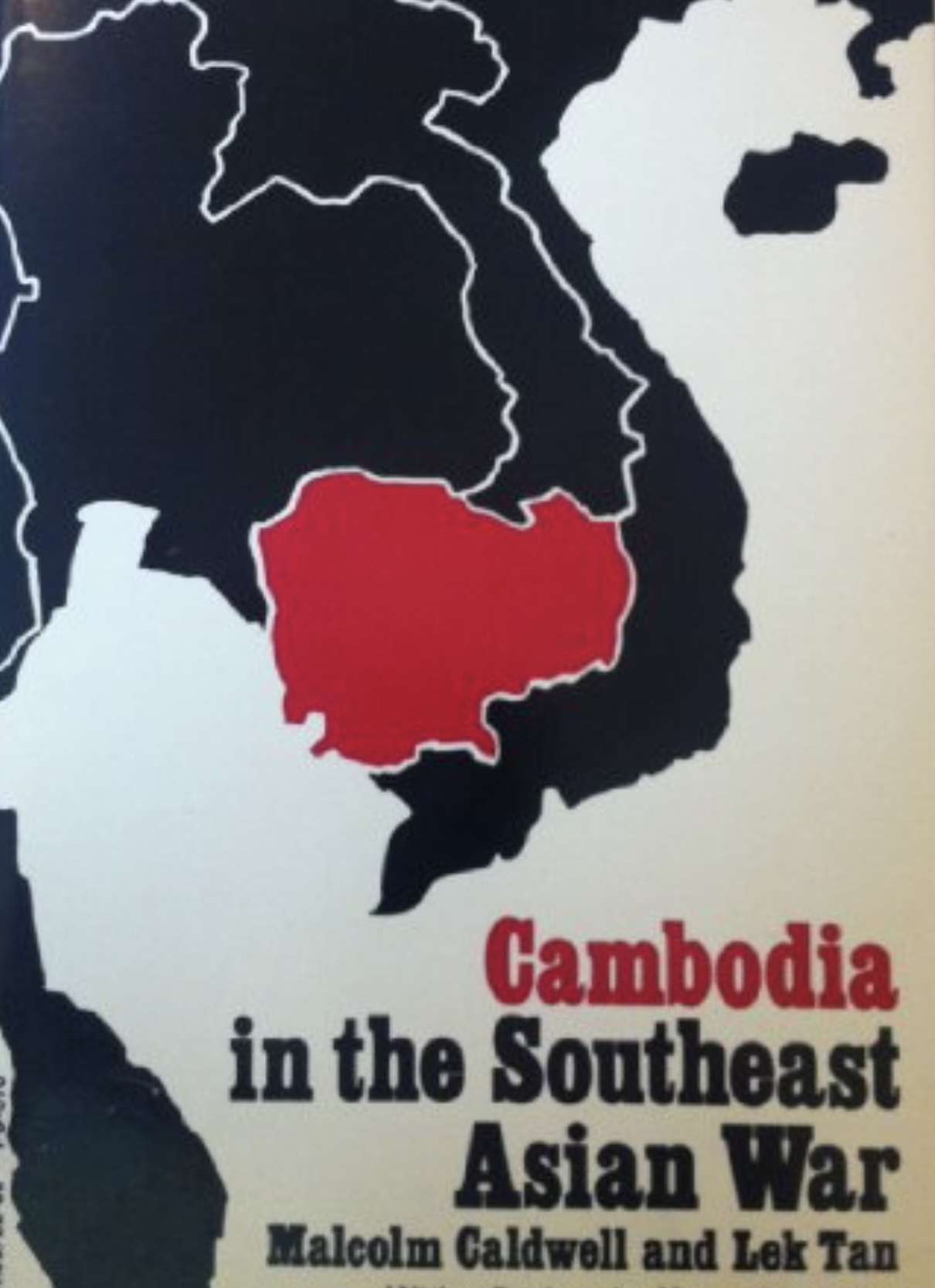Published in Race & Class 20/4, Spring 1979
There have been two deaths in the family, within the space of two years: Orlando, and now Malcolm, both killed while on active service for the causes they believed in. The one leaves us in no doubt as to our enemies, the other puts us on inquiry about ourselves. The bad have been disinterred by Orlando’s bones: Pinochet rests no more in peace.The good from Malcolm’s death must come from another pursuit – that of the truths he left us – indeed of truth itself.
For, of all the qualities in this noble man, there is none we need to emulate more than his restless search for truth and his implacable loyalty to it. At a time when our friends in Indo-China are killing each other, and we ourselves are bewildered and dismayed, Malcolm bids us seek truth from facts. And when facts confound or are not, simply, available to us, he asks that we go and find out, first-hand, at the risk of life itself.
But above all he warns us against seeking refuge in dogma, or solace in sectarianism. The struggle is much larger than that -and much more.
But Malcolm was not content to weaken imperialism from within and so serve the cause of the oppressed and exploited. He furnished them, too, with the tools of their liberation. In a profession that reproduces conformity, he bred rebels and non-conformists. In a school that produces the callaborators of capital in Asia and Africa – the School of Oriental and African studies – he turned out cadres for socialism. Himself a soldier in the peoples’ army, he turned out soldiers to arm the people. And in that first he was fearless, defiant, reckless even of the enemy; in the second, patient, humble, painstaking. There was no one so small he would not speak to, no one so big he would not confront.
And he did it all with joy – such a celebrant of life he was. And so many men – teacher, painter, cricket buff, campaigner for real ale, Scottish nationalist, revolutionary and friend – and all at once – a whole man – a socialist man in a capitalist society.

